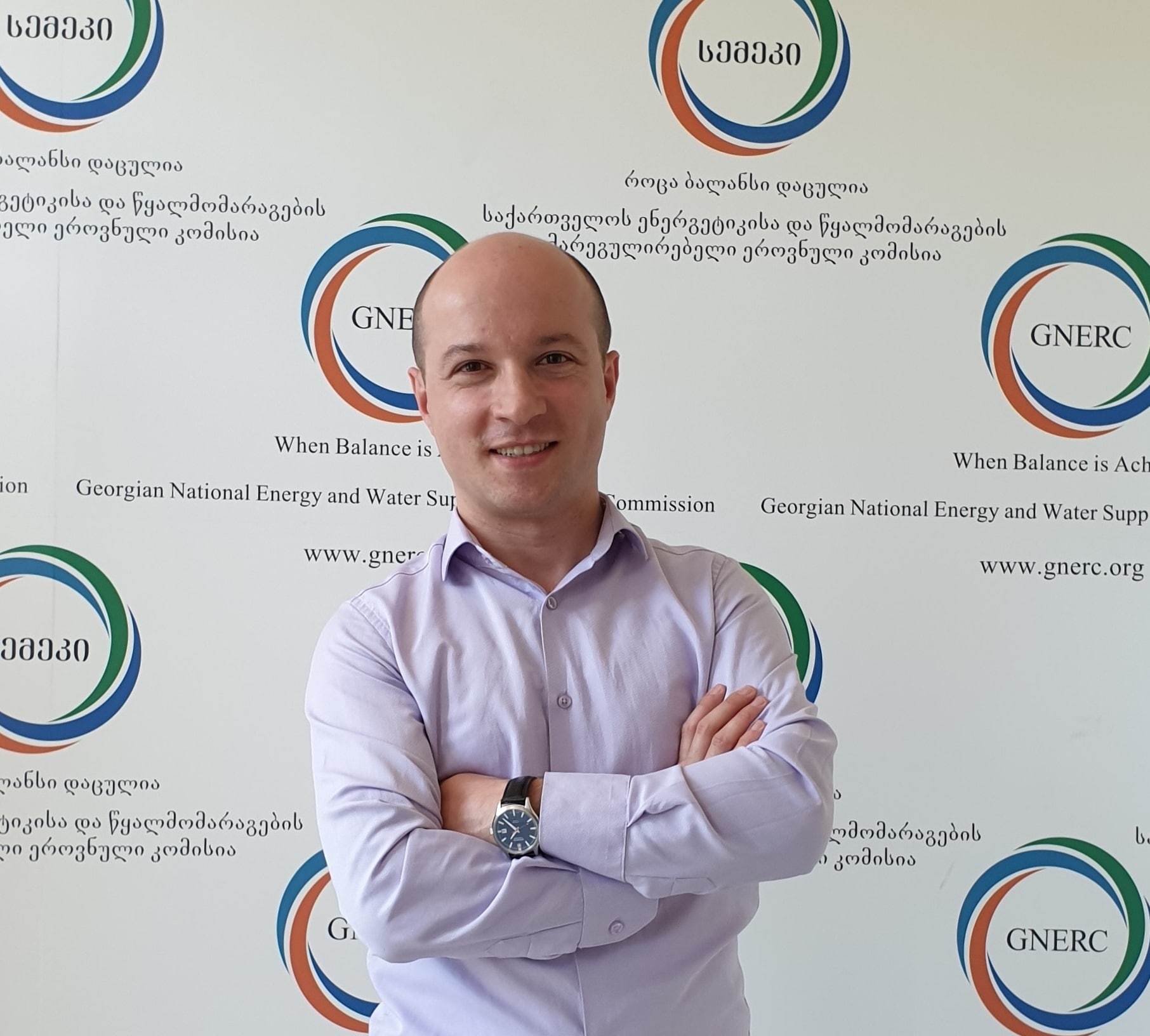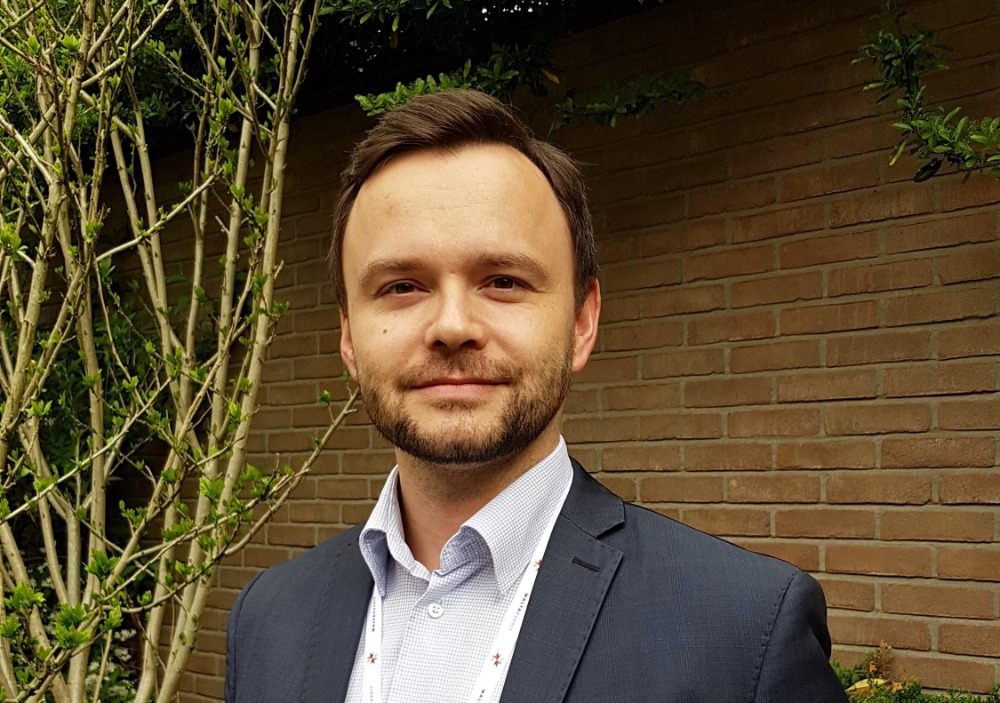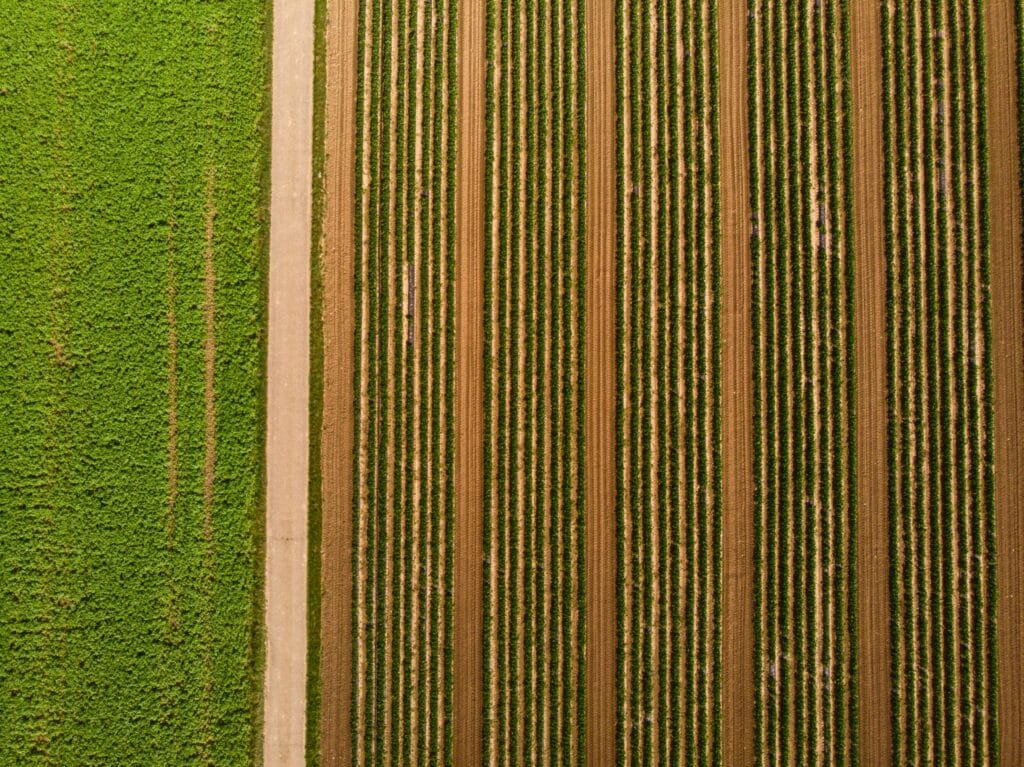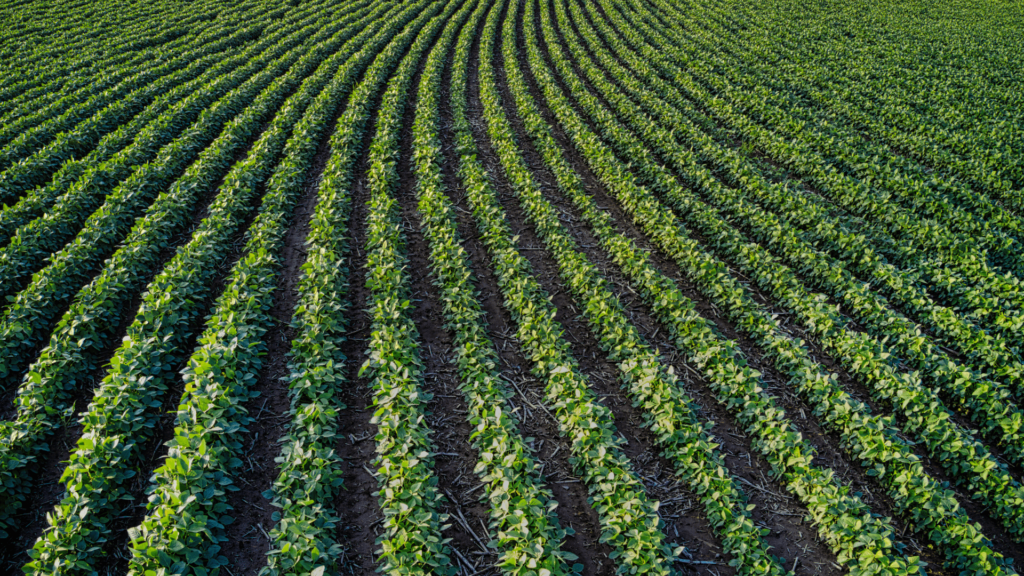The Decarbonisation of Gas Infrastructure in Central and Eastern Europe
This paper evaluates the state of play of the natural gas sector and the potential of renewable and low-carbon gases development in the Central and Eastern European (CEE) region and identifies the most suitable path for decarbonisation of the gas sector.
To enhance the learning experience of the 13th edition of the Specialised Training on the Regulation of Gas Markets, participants were given the opportunity to write a collaborative paper on the current and ongoing challenges relating to decarbonisation, decentralisation, digitalisation and security of supply in a region of their choice. Clara-Andreea Barsan, Monika Izydorczyk, Silviya Deyanova, Revaz Geradze and Petr Binhack made up one of the teams selected to share their work on the FSR Knowledge Hub. Read their paper and learn more about Gas Week below!
Is there a one-size-fits-all solution for the decarbonisation of gas infrastructure in central and eastern Europe?
The current and ongoing challenges relating to the decarbonisation of the gas sector in terms of production, consumption and transportation impose a transformation of the energy system. Analyzing the potential of renewable and low-carbon gases in the CEE region requires consideration of the regional markets, their infrastructure and regulatory frameworks.
Based on a SWOT analysis the crucial factors for identifying the most suitable decarbonisation pathway were identified. Due to the identified heterogeneity of the CEE region in terms of its energy policies, economic capabilities and perspective to adopt regulatory frameworks for hydrogen and biomethane, authors concluded that a single pathway towards 2050 decarbonisation goals within the region is unlikely.
However, a hybrid approach based on a combination of tools and regulatory approaches might bring desired outcomes. Several prerequisites should be considered in order to successfully implement this approach. The first is building a competitive and liquid market, which allows smaller decentralized facilities to become active in the energy system. The second step is ensuring a suitable legislation system that ensures regulatory clarity and defines the principles for connection and market access for renewable and low-carbon gases.
An important component in the transition process towards decarbonisation is guaranteeing that the infrastructure is able to connect supply and demand. This could be realized by building new infrastructure or repurposing the existing one (including LNG and storage), however, the cost efficiency is the key factor in finding the optimal approach for that.
The required steps towards decarbonisation of the CEE region should ensure that the countries across the region develop their potential in renewable and low-carbon gases and implement their policies in the most cost-efficient way considering their heterogenous starting point and dependency on gaseous fuels. The EU-wide legislative action should enable a harmonized development of hydrogen and biomethane markets across the EU to ensure that all regulatory obstacles to the decarbonisation of gas infrastructure will be removed.
Read the paper
Discussions during the Gas Week allowed for a better understanding of gas markets today, challenges facing the gas industry as well as energy system integration. For me personally, especially interesting were the sessions on decarbonizing of the gas sector, power-to-X and hydrogen. I would like to express my most sincere appreciation for the course organizers and lecturers for this great experience.
About the Specialised Training on the Regulation of Gas Markets
This year the 13th edition of the Specialised Training on the Regulation of Gas Markets was delivered online. The course started with a four-week block which provided participants with the core knowledge and instruments needed to approach the study of gas markets, regulation and policy. The central part of the training dived into gas market regulation, comparing different regional gas market models and developments, on learning the building blocks of European gas regulation, as well as the future perspectives for gas in the evolving EU gas market’s landscape.
This year, the course focused on the implementation status of gas EU network codes (NCs) with special attention to the Tariff and Balancing NCs. The consequences of the ongoing decarbonisation process of the EU gas sector were discussed- including the impact on TSOs, DSOs, companies and other stakeholders, and the role played by renewable gases. The course offered in-depth insight into the basic concepts of gas regulation with a practical perspective supported by concrete examples and case studies through a series of panel debates and discussions with experts.
In order to enhance the learning experience, the course relied on interactive tools and activities. Participants were given the opportunity to participate in a group work project and write a paper on the current and ongoing challenges relating to decarbonisation, decentralisation of the energy generation, increasing systems digitalisation and security of supply in a region of their choice. Focusing in particular on gas infrastructures, each group discussed the strengths, weaknesses, opportunities and threats (SWOT) related to the choices and the pathway undertaken by the different countries and discussed arguments linked to opportunities and challenges at various levels through a regional perspective. After pitching the work to a Jury, two papers have been selected to be published on our website.










